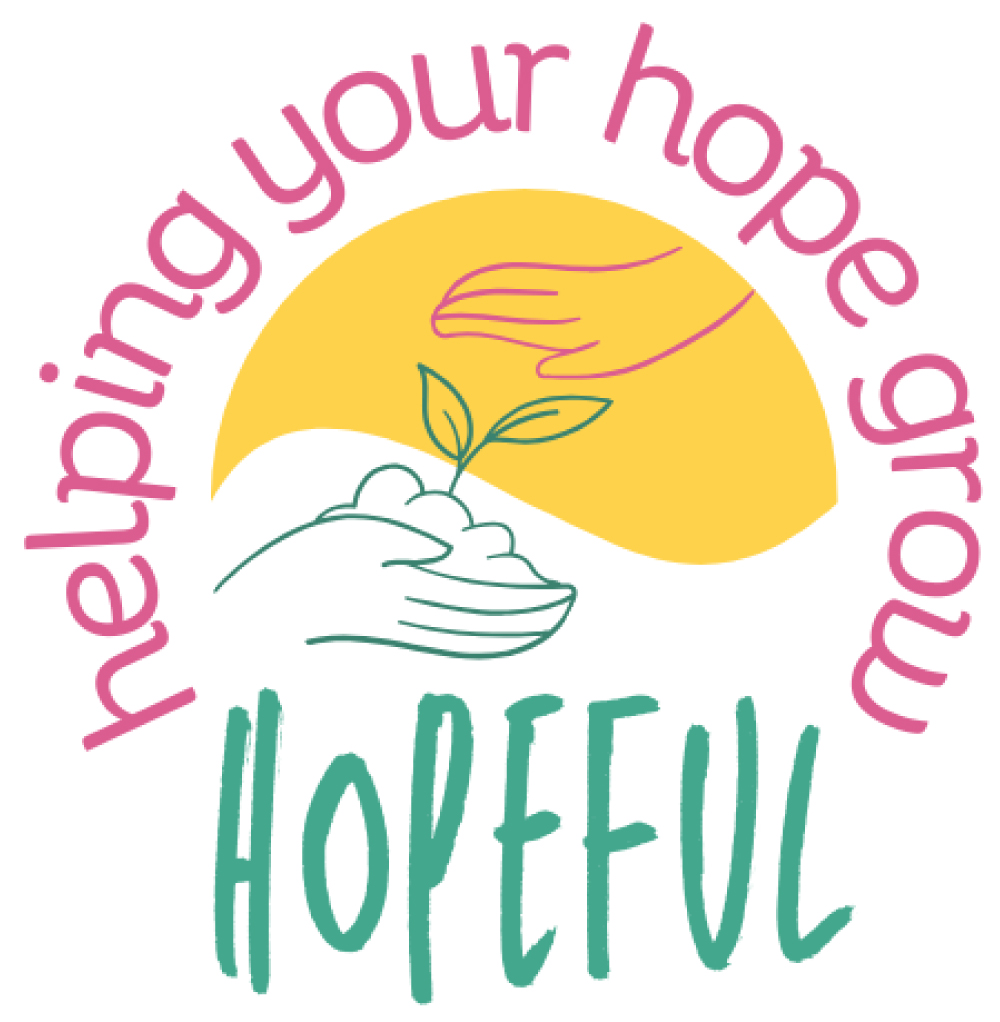E – Engaging
Being engaging means building a meaningful connection with the young person and working together collaboratively.
- Meaningful connection
Young people tell us authenticity matters. It will be important to agree some guidelines and boundaries for the mentoring relationship. This will help you to build and sustain a genuine positive connection with the young person. These boundaries will help you to both navigate how you make sense of any pre-existing relationship you and the young person have, and what will happen once you stop formally supporting them as their HOPEFUL mentor.
Sharing your own thoughts, feelings, and experiences in a constructive way throughout HOPEFUL – whilst keeping the central focus on the young person – will also be helpful. A sense of shared experience will help them to feel validated and connected. Through sharing your own experiences of hope and working towards goals, you could provide them with examples of growth, change, and resilience.
Something that I find useful is the person I’m doing it with also doing the task for themselves. If I don’t understand something, rather than just explaining it, I find it useful to look at an example. So if I’m going like doing an activity, them also doing it next to me. So if I don’t understand something, they can be like, “See, I did this here, this is where I put this bit, so you could put something similar about this type of thing.” I find that useful.
- Collaboration
Working collaboratively will help the young person to feel both supported and empowered. This means making decisions about HOPEFUL together and encouraging the young person to keep consulting themselves about what they like, want, and need.
It’s important to remember too though that being a HOPEFUL mentor does not mean that you are expected to provide everything the young person might need! A really important part of your role is to “plug in” young people to other sources of support. This might range from helping the young person to think about the support they might like or need, identify and understand different services, practice a first conversation (e.g., with their GP), or accompanying them during an appointment, if that felt appropriate. Later in this manual there are some suggested services that might be relevant, with space to record useful local resources. Speak to your supervisor and other HOPEFUL mentors, about how and where you can best “plug in” young people to increase the support available to them.
